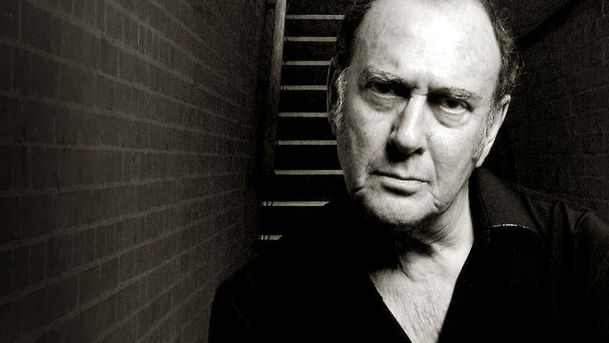Archive on 4 - Pinter on Air

Ian Smith, author of Pinter in the Theatre and a friend of the late playwright, rediscovers the vital role that a series of successful radio and television dramas played in making Harold Pinter's name. He draws on a recently released archive of letters written to Pinter by listeners and viewers of these plays. They strikingly reveal how audiences well beyond London's West End responded to the broadcasts, many of them written not for the stage but specially for radio or TV. Ian also uses Pinter's early revue sketches and a letter from Sid James to examine how Pinter's work was not just funny, but foreshadowed much mainstream British TV comedy, from Steptoe and Son to Smith and Jones. He explores the way in which BBC Radio's Third Programme nurtured the teenage Pinter's enthusiasm for culture and subsequently hired him as an actor and how, in the wake of the flop of his first major stage play at the end of the 1950s, it was BBC Radio that sustained him as a writer. Ian delves into the BBC archive to listen to the early Pinter classics which flowed from these commissions, such as A Slight Ache. He reunites some of the cast of one of Pinter's early hits, A Night Out, to find out what it was like working on one of the very first Pinter scripts. Finally, he examines how, in the 1960s, television repeatedly won Pinter an audience of millions for his work. He watches some of Pinter's original plays for TV, including Tea Party and The Basement, and hears from some of those most closely involved in making them. Ian discovers that these pieces allowed Pinter to push his highly original dramatic strategies to their limits, and how they were a vital part of his breakthrough as one of Britain's greatest dramatic writers. Featuring contributions from Sir Peter Hall, Barbara Bray, Michael Bakewell, Christopher Morahan, Dominic Sandbrook, Benedict Nightingale, Michael Rosen, Eileen Diss, Philip Saville, Auriol Smith, John Rye and Hugh Dickson.